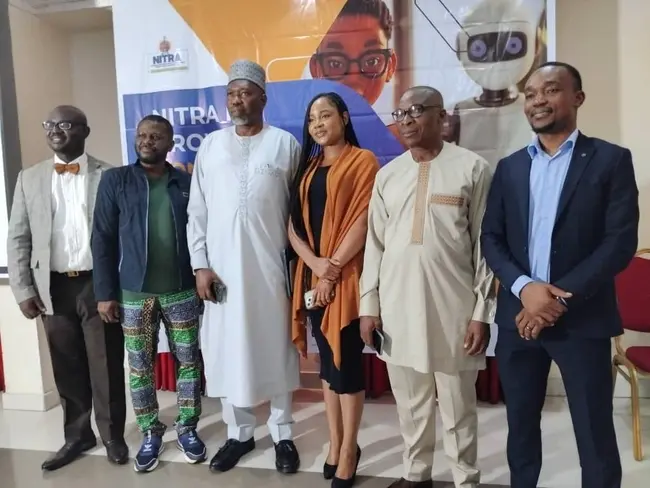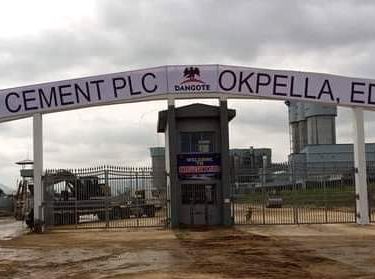The private and public sector players of Nigeria’s economy to needs to speedily address the security issues to surrounding the deployment of Artificial Intelligence (AI), for the nation to enjoy its myriads of benefits.
Stakeholders at a one-day ICT Growth Conference organized by the Nigeria Information Technology Reporters’ Association (NITRA), and with the theme: “Impact of AI On National Development: Prospects, Policies, and Challenges in Nigeria” are worried that while AI comes with benefits, an unethical use could spell danger for the country.
In a presentation, Energy, Tech/Project Leader at Schneider Electrical, Mr Oluwatoni Olugbenga explained that the impact of Artificial Intelligence (AI) on national development is both profound and far-reaching, presenting an unprecedented prospect, significant policy implications, and formidable challenges.
According to him, the impact of AI on national development hinges not only on the sophistication of the technology but also on the effectiveness of data governance, encompassing data quality, privacy, and cybersecurity.
“Establishing policies and mechanisms to uphold data quality, protect data privacy, and fortify cybersecurity infrastructure is indispensable to engender trust, foster innovation, and safeguard national interests in the digital age”, he said.
He stated that a strong political will is indispensable in fostering technological leadership by nurturing an innovation-friendly ecosystem, incentivizing research and development in AI and energy technologies, and fostering collaboration between the public and private sectors to drive effective implementation.
Similarly, Founder and CVO of Digital Encode, Prof. Obadare Adewale, emphasized the need for Nigeria to understand the threat landscape and the critical role of cybersecurity in protecting against these threats.
He noted that many African countries lag behind in cybersecurity stressing that in Nigeria, the financial sector has been at the forefront of leveraging AI and cybersecurity, contributing about 25%-30% of AI involvement based on local statistics.
Obadare who spoke on the Highlights Critical Role Of Cybersecurity In Nigeria’s AI-Driven Digital Growth stressed the importance of responsible AI usage and the need for continued investment in AI and cybersecurity saying that the role of education in providing the necessary skills and knowledge for AI implementation cannot be ignored.
Represented by Group Head of InfoSec & GRC Advisory, CISO, Mr Oluwakayode Olatunji, he called he called for increased public sector and government investment in education to drive AI adoption and economic growth.
While listing out what the Nigerian Government can do to harness the potentials of AI, he suggested said the establishment of robust AI-specific cybersecurity regulations in alignment with global standards.
He called on the Government to address issues on Cybersecurity-AI Strategy and Framework, Policy Formation, AI Risk Management, Compliance, Communication and Skill Acquisition and Awareness.
And the side of architecture, Obadare advocated for AI Business Architecture, Data Architecture, Technology Architecture, Security Architecture and Data Protection/Privacy Architecture.
However, President of the Nigeria Internet Registration Association (NiRA), Mr. Adesola Akinsanya, said no single entity can address the complex challenges we face alone. It is through partnerships, shared knowledge, and collective action that we can drive the kind of growth that is inclusive, sustainable, and transformative.
The NITRA Chairman, Mr Chike Onwuegbu in his welcome address stated that there has been a known trend in Nigerians adaptation of new technology, where usage is higher than implementation adding that Nigeria is number one in the usage of internet in Africa but lags in connectivity and internet penetration.




